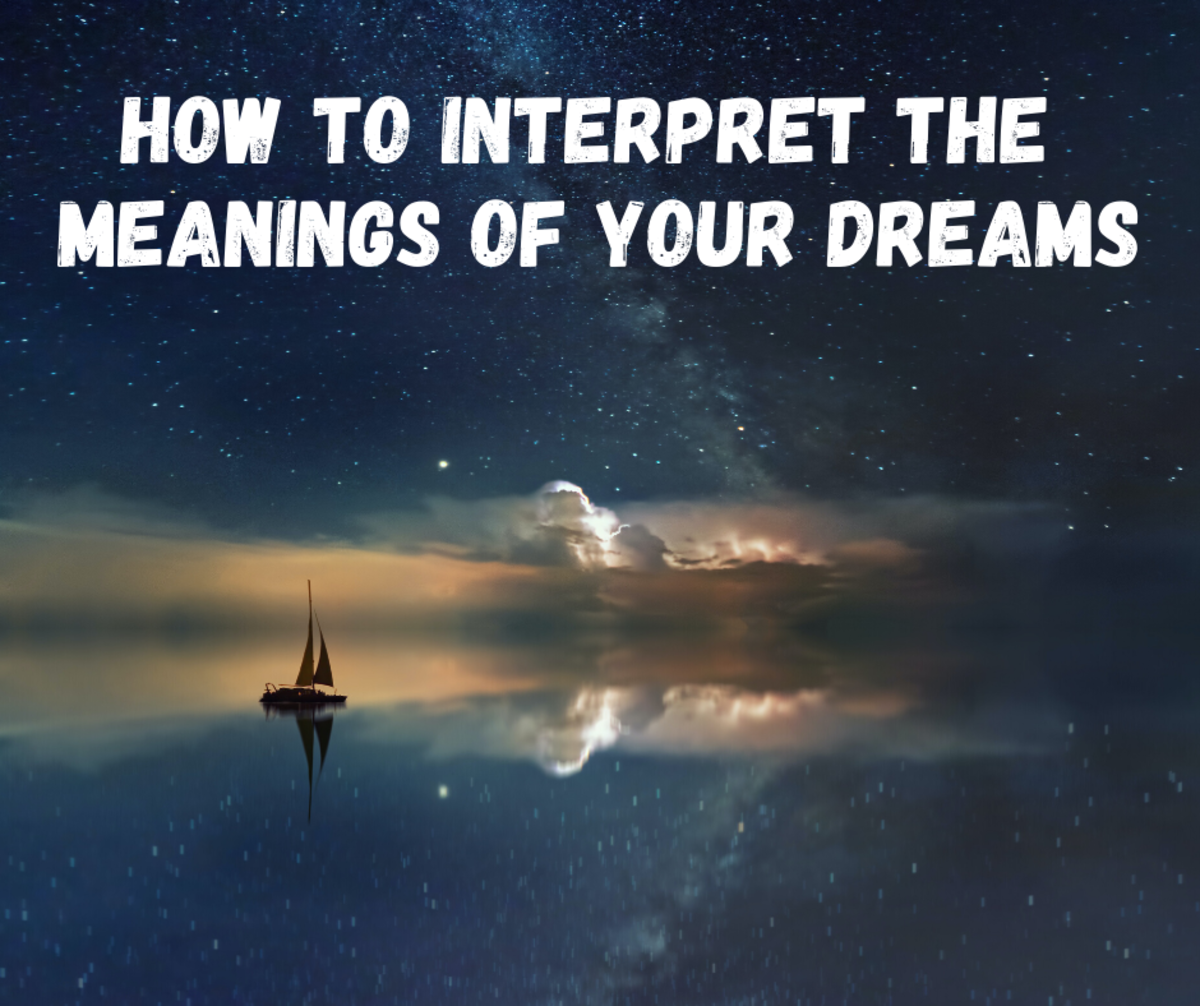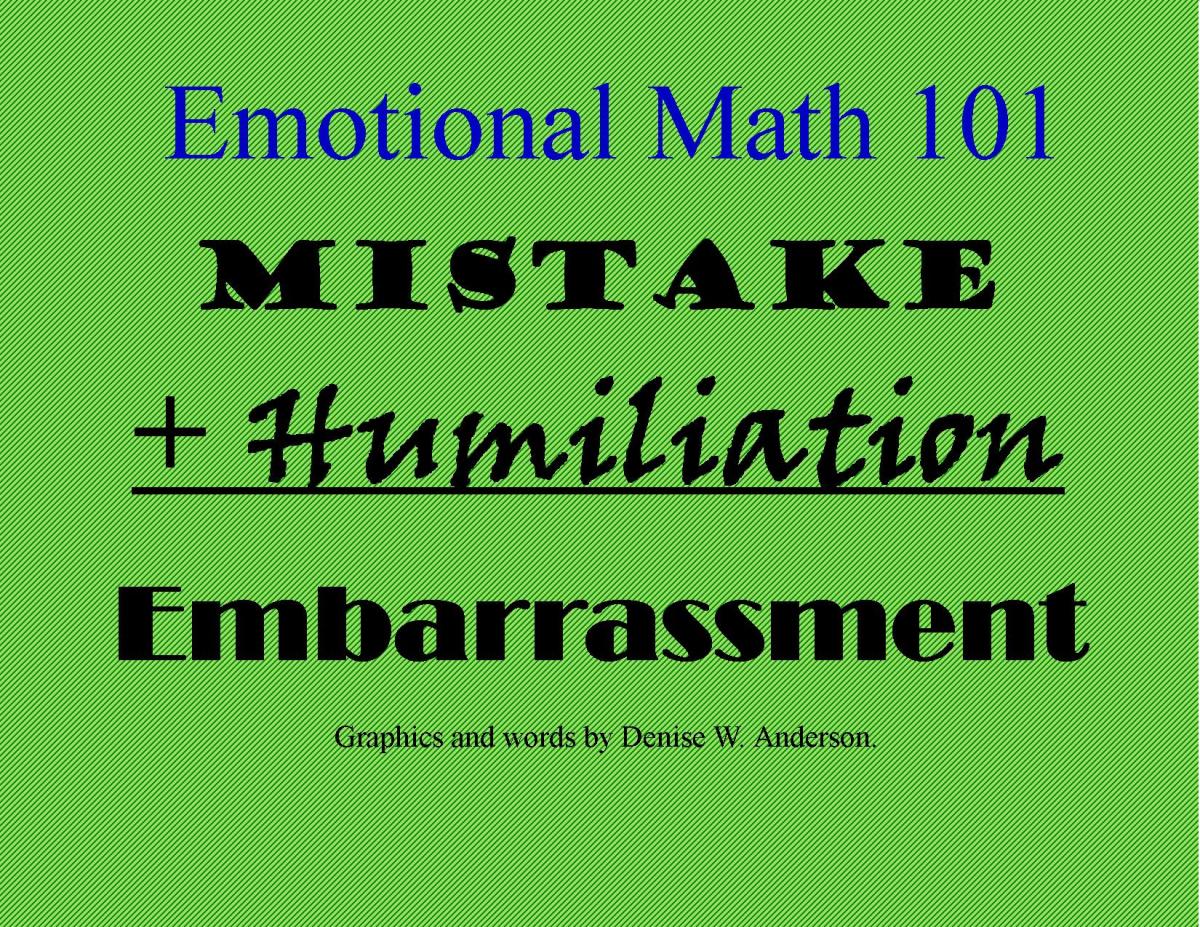Violated

I used to wonder why certain things happen to certain people. Why is it that some people have little suffering, and others experience pain which is beyond that which anyone could imagine? I finally realized that asking why, was not as nearly important as asking….what now?
We can’t change the past. We cant change the things that happen to us.
The only thing we have power to change, is ourselves.
Those who have been victims of sexual crime or abuse, are one among the many in this world who suffer. The damage this abuse causes can be cancerous and stealthy. It can invade our most fundamental beliefs about ourselves, our world, our friends, our spouses, and therefore in some way, impacts every area of our lives. Sometimes, these effects are not so apparent. Sometimes they are so apparent that others know the problem before we do. And sometimes, they are both apparent and yet untraceable to the root, except for an inquisitive mind and a soul which searches deep inside oneself to unravel the mystery of what really causes us to behave the way we do.
The damage of rape lies usally not so much in the body as in the mind—in the unhealthy patterns of thinking or unhealthy ways of feeling about ourselves, caused by this crime. Feelings or thoughts which then become rooted in our personalities, indirectly controlling our actions and interactions.
We say statistically that “such and such” a number of people have been victims of rape. But no incident of rape is the same. Each one inflicts unique damage—as unique as the people upon whom it was inflicted. It is impossible to generalize pain. However, those of us who have been harmed in this way share one thing in common: we are essentially human; and as such, we have common feelings, mindsets, and emotions. So as unique as our situations are, chances are, two and more of us are going to develop similar thoughts and feelings as a result of a similar attack upon our humanity. Since we are all human, we have similar thought processes and emotions. Therefore, our problems tend to spring up in the same areas. Many stories have been told. But chances are, we all understand. Why? Because we are human. And even if we cannot relate to exactly what another feels, we understand them nonetheless.
I understand.
The good news about the suffering caused by rape is this: it does NOT have to last forever. The bad news is: No one else can fix it for us. We are ultimately responsible for our own happiness and healing. Yes, even though this pain was inflicted by someone else. We may not have been able to control what happened to us, but we can control the way we think about what happened to us. And if we control the way we think about what happened to us, we can control the effect of what happened to us.
Since we are unable to change the events of the past, the only way to erase or reverse the damage is to deal with the one thing we can control about the situation: our thoughts. This is the area I want to target in this article: various thoughts or mindsets which may develop as a result of this crime and what we can do to change them. The list is obviously not inclusive; as I said, no incident of rape will produce the same thought patterns; from experience, however, I believe they are some of the most common.

1.“I’ll Never Forget”
No, you won’t forget. I’m not going to sugarcoat. But the one thing to remember is this: memories are not the problem. It is the emotion we attach to that memory. The power of memories lies not in their existence but in the way those memories are perceived. It is possible to detach the emotion from the memory; but this is a long, healing process which takes time. You may never forget, but it does not necessarily follow that you must always feel the pain you felt the first time you ever remembered.
So how do we de-attach a negative emotion from a memory? By addressing the negative feelings and thoughts which have resulted from the experience of that memory and choosing to replace them with a realistic yet positive alternative.
2.“It’s My Fault”
This is very common. I know how it goes. “If I hadn’t been wearing that…”; “if I hadn’t chosen to go to this place…”; if I had just stayed home”; “If I had just not gone out with those people...”
If you had not done those things, you also might have been hit by a car. Shot by a thug. Gotten struck by lightning. We cannot regret the circumstances surrounding the rape which chronologically led to the event of the rape. You could also easily have said if you had only set your alarm clock an hour later, this event would not have occurred. Every second, every decision, every choice affects and changes the path of the future. We have absolutely no way of knowing if, had it been any different, anything different would have occurred; or if something worse would not have occurred.
You may feel that your own personal choice related to the situation (e.g. “I didn’t feel right but I decided to go in that car with him”) caused the event to happen. For, you argue, had you not, this event would not have happened and is more directly related to the event.
True.
But even in a case like this, this event was not what caused the rape. Rape is an action carried out as a result of mental choice on the part of a person. You are not responsible for the act of rape any more than you are responsible for any other choices anyone makes in their life. If you did not want it to happen, and did not cause it to happen, it is not your fault.
This mindset is a dangerous one to hold. It is nothing more than guilt. Guilt is cancerous. Guilt causes us to feel shame and to feel we are somehow a terrible person. This impacts our confidence, our self-esteem, and ultimately our relationships and our success in our everyday lives.
There is another aspect to this feeling that not many people realize. Guilt can also be a defense mechanism. This may seem unrelated, but think about it: If we assume responsibility for the act of rape, we are giving ourselves control over what happened. Although this gives us far more self-torture than simply saying “it was his fault,” it fulfills the need we have now. And that need is to to regain that which we lost during rape: control. By taking responsibility for the action, we take control away from the rapist and into our own hands. Once we give the responsibility to the rapist by admitting we were not at fault and could not have stopped it, we unconsciously admit that we had no control over the event. This frightens us. To do so is to admit that there is something out there which can overpower us. Make us helpless. It destroys our sense of security. By admitting guilt and therefore taking control, we may even calm any fear we have of the event ever happening again. Think about it: who will be more afraid? The one who feels that she had control over the situation: “Next time, I’ll do this, and it won’t happen.” Or the woman who feels she had no control: “I was helpless. What if it happens again?” By assuming guilt, and therefore control, we are subconsciously calming our fear by eliminating the possibility of it happening again. We feel safe in our guilt.
3.Nightmares
Although the exact nature of dreams is not entirely known, we do know for a fact that dreams often reveal the activities of our subconscious. If you are having nightmares repeating the event, or a similar event, it is because your subconscious is storing the depths of everything you felt at the time of the occurrence and “dealing with” the subconscious goings-on through dreaming. It is our mind’s way of dealing with something we do not or cannot deal with in our conscious mind.
Sometimes it simply takes time for the visual memory of the event to fade before the nightmares go away. Having a vivid memory of the visual or tangible aspect of the real event gives a nightmare much more to work with. Time tends to fade the crisp memory of these details. However, for some, the details of the memory do not fade. In this case, it may simply be a matter of getting it out of the realm of your subconscious. How do we do that? That leads me to my next point…

4.Counseling
“I shouldn’t need to ask for help.”
Some of us don’t want to feel that we are weak. Or can’t handle something on our own. A more balanced possible perspective would be: “Yes I can realistically go without help. But I would like to feel better about this situation, and getting another’s viewpoint on this area may give me some more objective insight.”
Talking about the event creates a release; we see and hear and feel what is going on in the deepest parts of our souls by hearing ourselves speak it . That which is buried inside of us has more power when we refuse to acknowledge its presence and can go about our daily lives in denial or un-acknowledgement of its existence. When these things are “brought out into the open,” they don’t seem as threatening. Counseling gives you the opportunity to release your feelings and emotions instead of letting them fester inside of you.
I have noticed that one of the most damaging effects of rape lies in the fact that this crime places the victimized person in a situation in which they are unheard, unseen, and without anyone there to hear and know the event and what is going on. They are in effect helpless. However, each time we discuss the event, with someone, we in effect “relive” what happened in our mind. If, in the “reliving” of this nightmare, we are receiving help and understanding (from the counselor) and with the knowledge that someone knows what is going on, it, in a sense, can create a feeling of “redoing” that memory; this time, we’re not alone in this memory. Someone is aware of our pain and can help us. Don’t be afraid to revisit your memory. It will revisit you for the rest of your life, subtly, in your nightmares, in flashbacks, in your subconscious, if you don’t revisit it in some way. At least this time, you will be receiving help and healing in this confrontation with your painful memories.
Counseling can be ugly. Revisiting memories will drag out unwanted feelings, emotions, etc. which were attached to the event and cause us to feel the same, if not worse, than we did the time the event happened. I was told by a counselor once: “After choosing to undergo counseling, things always get worse before they get better.” In order to deal with the problem, you have to face the problem. And that can get ugly. This is not for the faint of heart. But don’t be afraid to feel. Don’t be afraid to cry. There is nothing to fear in reliving emotion. If you are being counseled by someone who truly cares and knows how to help, releasing these emotions at the proper time will bring healing, not pain. You can either choose the pain, now, of dealing with your emotions or the pain, later of feeling those emotions and doing nothing to change them.
You can’t deal with an emotion you refuse to acknowledge exists.
5.“I am a Victim”
This is a touchy one.
I will be the first to say that those who have been raped, were victimized.
However, I also say that they do not have to remain victims.
How is this possible? It lies in the choice of using the noun or the verb.
The first is a verb. The second a noun.
“Am” is a verb we use to denote a present state of being.. In saying “I am a victim,” I am linking myself NOW to the event in which I WAS victimized. Be careful with this. The best thing you can do for yourself is to separate what happened to you, from who you are. Saying that you ARE a VICTIM, is making a statement of your being. It is, in essence, a self-inflicted identifying factor. If you choose to define yourself by the event, you are limiting your identity to this terrible event and will constantly see yourself as a product of that event. The last thing we want to do is have our self-identity in the trauma we experienced.
You cannot rise above the image and expectations you have of yourself. If you constantly identify yourself with the crime, then your mentality of yourself, and therefore your expectations of yourself, will necessarily and always be defined by this concept.
However, if you choose to say, “I was victimized.” This shifts the emphasis on the action, not on yourself. It acknowledges the truth of what happened without imposing an identifying element. Don’t allow the event to define you.
It is important that we don’t fall into the victimized mentality which feels we will never be more than whatever we feel the event created us to be. Remember, the things that happen to us do not force us to BE anything. They have no inherent power which causes them to be so; it is the way we perceive those things (and consequentially ourselves) and the way in which we handle it, which gives it its power. Things have only as much power over us as we consciously or unconsciously choose to give them.

6.“I just can’t be close to anyone again”
This is where the issue gets difficult for our family members as well as ourselves. The one this will most likely affect the most deeply is our significant other. The act of sexual assault distorts an experience which was meant to be shared with someone we care about.
If our significant other attempts intimacy with us which in any way reminds us of the event ( which in many cases it will), it can cause flashbacks, panic, and ignite feelings unrelated to that specific person. This will obviously cause pain for both parties. Your partner may be left feeling they are incompetent or “aren’t enough” to erase the pain caused by the rape. You feel that you can never be touched again and don’t want to fight the pain of the memories of the rape.
This encounter with intimacy with your significant other can do one of two things, depending on the mindset you choose to take about it.
It can cause extreme emotional pain. Flashbacks…anything can trigger a memory buried deep inside our grey matter. We may even begin to loathe sexual intimacy. The problem lies not within sexual intimacy, but within the emotion we have learned to attach to it. The only way this problem can be resolved is to de-attach the negative emotion from the act.
Sometimes, engaging in sexual intimacy with your partner may cause incredible healing. This is a way of de-attaching negative emotion from an event and replacing it with positive emotion. Engaging in loving sexual intimacy with your partner will re-attach positive emotion to the meaning of sex, thereby replacing the negative emotion. This is not the case with all, but it is a possibility.
There are many ways which you can learn how to re-establish sexual intimacy with your loved one. But the last thing you want to do is run from this issue. Avoiding sexual intimacy, particularly if you are married or sexually involved with someone, will not solve the problem and can cause deep pain and greater damage if left un-resolved. If you feel the need, again, don’t be afraid to seek counseling for yourself and your partner. And most importantly, don’t be afraid to talk about the issue with your partner.
7.“I’m contaminated”
This is the most sensitive one for me. This feeling arises from the deepest part of our souls. This feeling is not about guilt; it is about something far more powerful: shame. We may mentally acknowledge we are not responsible for the rape and yet still feel “contaminated.”
I hear many women refer to this feeling as “dirty,” “filty,” “contaminated.”
We were violated. It was not only a physical crime but a psychological crime. We were violated not only physically but psychologically.
This is another situation in which we internalize and identify ourselves with the rape.
Feeling contaminated sends subtle messages to our feelings about ourselves and can severely damage our self-steem and therefore our entire outlook on life and accomplishments. Remember: the event is in the past, and has no power over us except that which exists in the emotions attached to the memories. You are not contaminated from the event psychologically or physically.

As you are reading this article, I’m sure you will revisit some memories, some thoughts, some feelings. My hope Is that this article will benefit you, or your loved one, in some way and to encourage you to get help, if needed. I do not have a degree in psychology or any other field which qualifies me to diagnose or to prescribe any kind of method of healing. I speak not from a doctorate but from experience, experience with life, emotions, the mind, and common sense. I do not attempt to suggest any method of dealing with the crime which is not based on a fundamental knowledge of the way our minds and emotions work; and I do not believe that it necessarily takes a doctorate in order to understand the way we tick. It just takes an inquisitive mind. I do not want to make the impression, however, that I am completely uneducated. These concepts and principles are those given to me by many counselors and reinforced through materials I have received and which contributed to my own healing. I encourage you to be pro-active in your healing. It is your life. You deserve to live it healthy, happy, and without the scars of shame or pain. I am not just a face on a screen. I am a real person, a real heart, a real soul who can relate to you in this way; and I am open to your comments, questions, and even stories, should you feel you want to do so.








